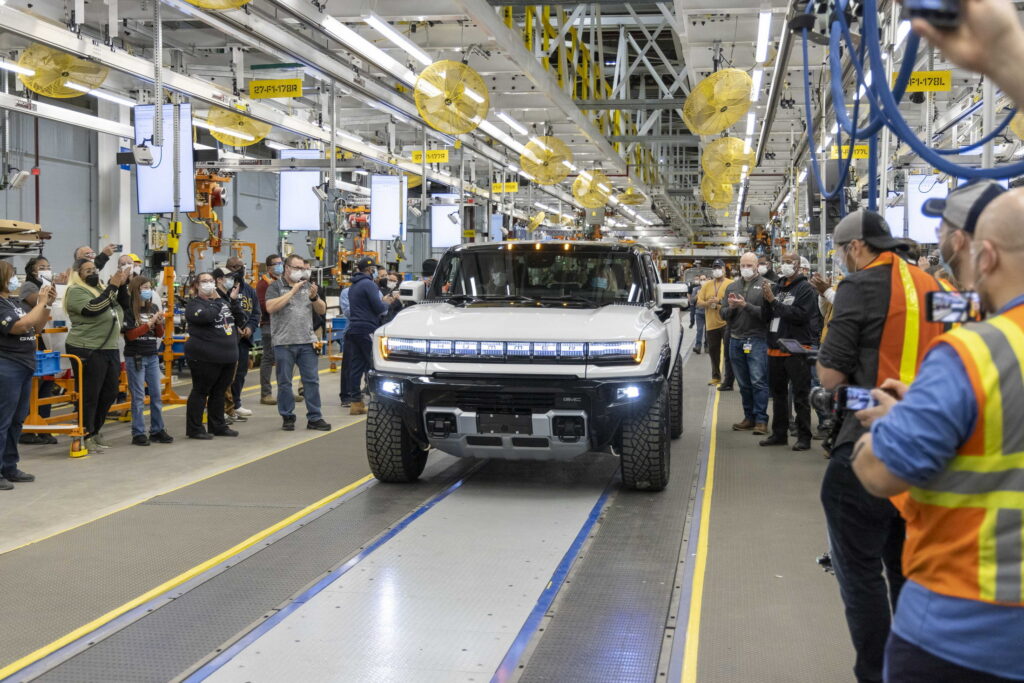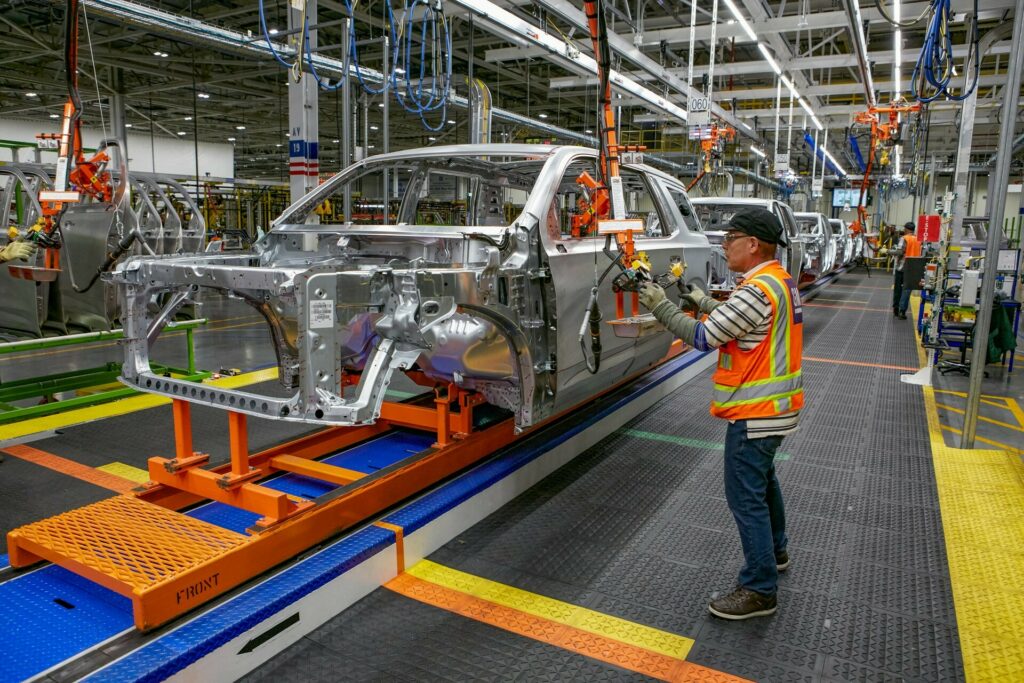- A new ranking system will give 150% bonuses to the best employees.
- GM also hopes to pressure low-performance employees to improve or leave.
- The car company says it wants to create and foster an environment that rewards high-performers.
We probably all know someone who doesn’t work hard and scrapes by, doing the bare minimum to keep their job. Similarly, we all know someone who goes above and beyond and is a high-performing employee. GM hopes a new way to reward its best workers will encourage more to go that extra mile.
A recent internal memo circulated within GM reveals that it will reward its top 5% employees with 150% bonuses in a bid to retain and attract talent. The change will also pressure low-performing employees to improve or leave.
Read: Ford Boss Isn’t Convinced BEVs Are The Only Way Forward
A new employee ranking system evaluates employees on a five-scale rating that ranges from “significantly exceeds expectations” to “does not meet expectations,” and the bonuses each worker is eligible for will vary depending on their ranking. Employees will be evaluated on the new rankings at their year-end performance review.
“To ensure GM has the talent needed to achieve our ambitious goals, a more intentional process is required that sets clear expectations for performance and holds people accountable,” the memo reads.
In a statement issued to Reuters, a GM spokesperson said the carmaker wants to create a high-performing workforce.
“GM is proud to have a culture where we foster and reward high performance, which will help us attract and retain top talent in a competitive industry environment,” they said. “That includes everything from ensuring employees know what is expected of them, providing feedback so they can develop, and rewarding them for their performance.”

Under the previous system, employees were placed into one of three ranking categories as ‘partially meets expectations,’ ‘achieves expectations,’ and ‘exceeds expectations.’
Ford has implemented similar changes and according to company chief executive Jim Farley, making the change has been part of its ongoing business overhaul.
“We’ve learned that the right talent is not sufficient,” Farley said. “Over the last two years, it’s been imperative that we go to a right performance management system. It’s a fundamental change in the way we’re running the company.”




